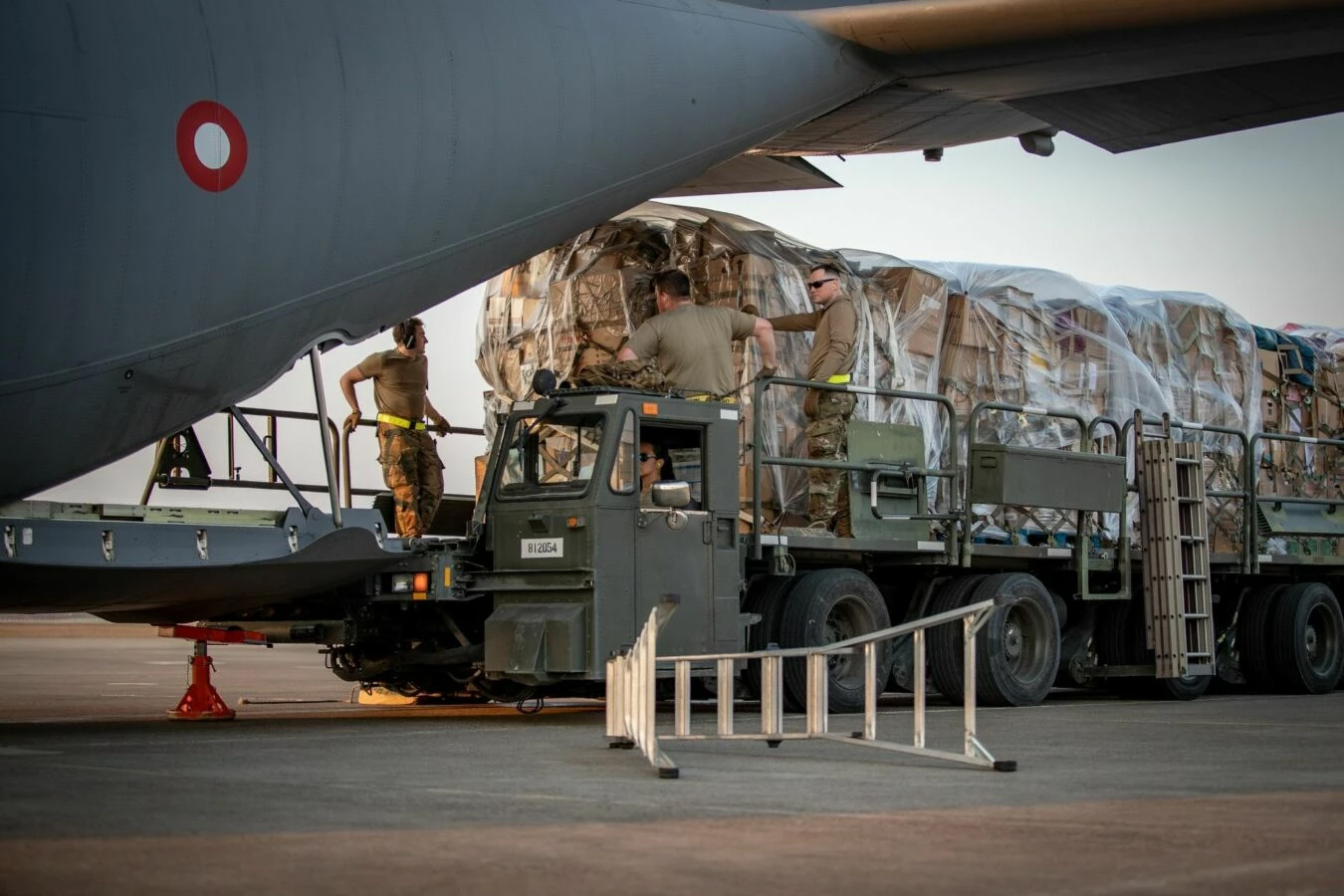Denmark to Spend 143 Billion Kroner on Defense Over Next Decade
Denmark will invest approx. 143 billion DKK in the Armed Forces, which also means that Denmark will fulfill its NATO committment of using two percent of GDP on defense and security by 2030.
The government, together with the Socialist People’s Party, the Danish Democrats, the Liberal Alliance, the Conservative People’s Party, the Radical Left, the Danish People’s Party and New Citizens, have agreed on a defense settlement for the next 10 years. With a historic boost for the Armed Forces, the agreement ensures that Denmark can take greater responsibility for defense and security in an increasingly complex threat landscape.
“Today we enter into an agreement which is a milestone for Danish defence. With the situation resulting from Russia’s attack on Ukraine, it is absolutely crucial that there is broad support behind Danish defense and security policy. That is why I am very pleased that so many parties in the Folketing today show a willingness to take responsibility in such a serious situation,” says Acting Minister of Defence, Troels Lund Poulsen.
“We are giving Danish defense a historic and in every way much-needed boost,” says Troels Lund Poulsen.
Russia’s attack on Ukraine has shown us that we can no longer take peace and freedom for granted. There is war in Europe. We take that very seriously. We must show the will and ability to contribute to our common security – in NATO, the EU and with our allies and partners.
In order for Denmark to face this far more comprehensive and complex security policy reality, a solid foundation under Danish defense is necessary. Therefore, the parties behind the defense settlement agree on a financial restoration of the foundation of the Defense Forces and better financial and settlement management.
With the ten-year framework settlement, the parties behind the agreement also agree that new needs and conditions for Danish defense and security will be assessed on an ongoing basis, and the parties agree that in the autumn of 2023 a first partial agreement must be negotiated – including a concrete model for strengthening conscription.
